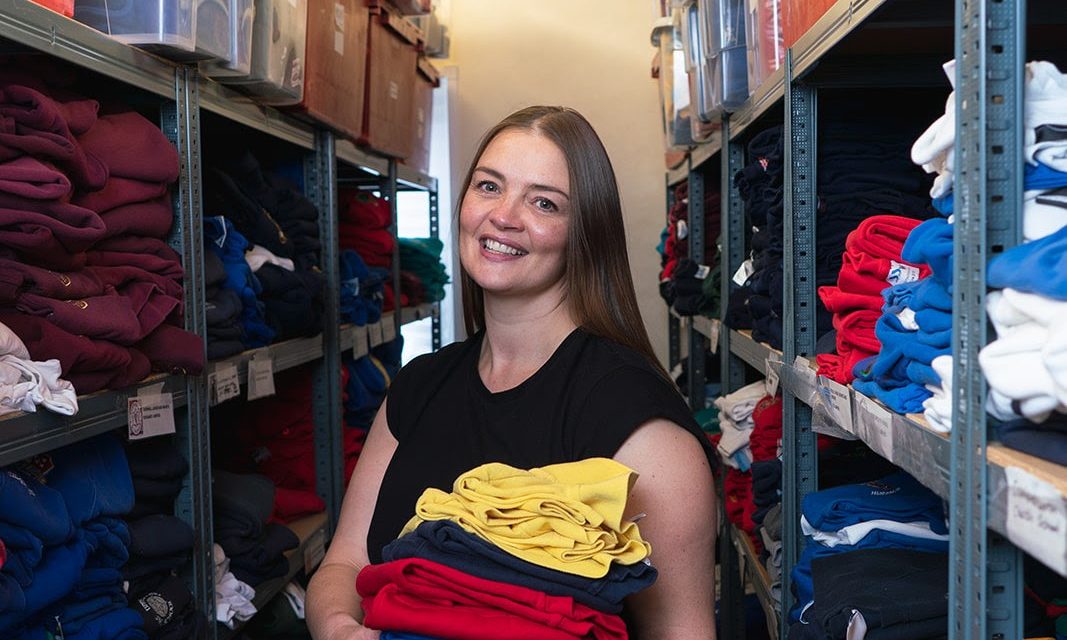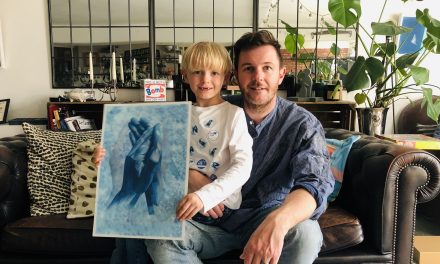In the current linear economy, it’s normal for products to be taken, used for a brief period, and then disposed of without thought of the negative effect it has on the environment.
In contrast, a circular economy encourages better use of materials, resources and products in the hopes that these will be reused, repaired and eventually recycled.
With this in mind, Huddersfield charity, Uniform Exchange, shares insight into how a circular economy is beneficial to local communities.
For Yorkshire to hit its carbon emissions target by 2030, implementing steps to morph the linear economy into a circular one is vital. Uniform Exchange, which supports local children through its uniform recycling scheme, is an excellent example of a local circular economy making a difference. The charity has shared the benefits of taking action below.
Protects the environment
The most significant benefit to a circular economy is its positive impact on the environment. Unlike a linear economy, it seeks to increase the use of renewable and recyclable resources, while reducing the consumption of raw materials and energy.
Keeping materials and products in the system for as long as possible, allows them to keep generating social value. Uniform Exchange contributes to Yorkshire’s circular economy by taking used school uniforms, repairing and reusing items, in order to find a new home for them.
Benefits the local economy
Businesses who practice a circular economy can reap monetary benefits too. For example, if a business reuses materials in the production of new products instead of sourcing new materials, this can reduce operational costs in the long run.
Reusing existing materials can also take away a company’s dependence on resources, by doing more with less they become more sustainable.
In an economy where we are seeing recycling and repurposing methods becoming more popular, we are likely to see a rise in new business opportunities. As well as this, we will also see the comeback of the repairing and reimagining industries which had almost died out due to our throw-away society.
Better for the consumer
A circular economy benefits the consumer’s purse and promotes a sharing society. A circular economy discourages fast fashion and encourages repairing and repurposing, allowing goods bought to last longer.
As shoppers become more thoughtful about their purchases, a circular economy will increase an individual’s disposable income. Using organisations like the Uniform Exchange, parents can save money by accessing second-hand school uniforms instead of buying brand new, which can often be costly.
Communities working together to create similar schemes to Uniform Exchange will make the use of sustainable options acceptable and the norm.

Kate France, founder of the Kirklees Uniform Exchange, said: “A circular economy is part of the solution for our global climate emergency, and I believe that introducing the practice at a local community level will help drive a greener future for Yorkshire.
“In 2021, the Uniform Exchange saved tonnes of waste from landfill, collecting over 30 tonnes of donations from Kirklees families and schools.
READ MORE: How the pandemic put more demand on Uniform Exchange
“From this, 20 tonnes of uniform was recycled back into the Kirklees community, and 10 tonnes were sent to Oxfam and other places for ragging and recycling.
“In 2021, we supported 3,500 children with free school uniform, meaning more than 40,000 items of good quality uniform has been recycled. In 2022, we hope to exceed these figures by offering a sustainable option to all parents with the support of the local Kirklees community.”

















